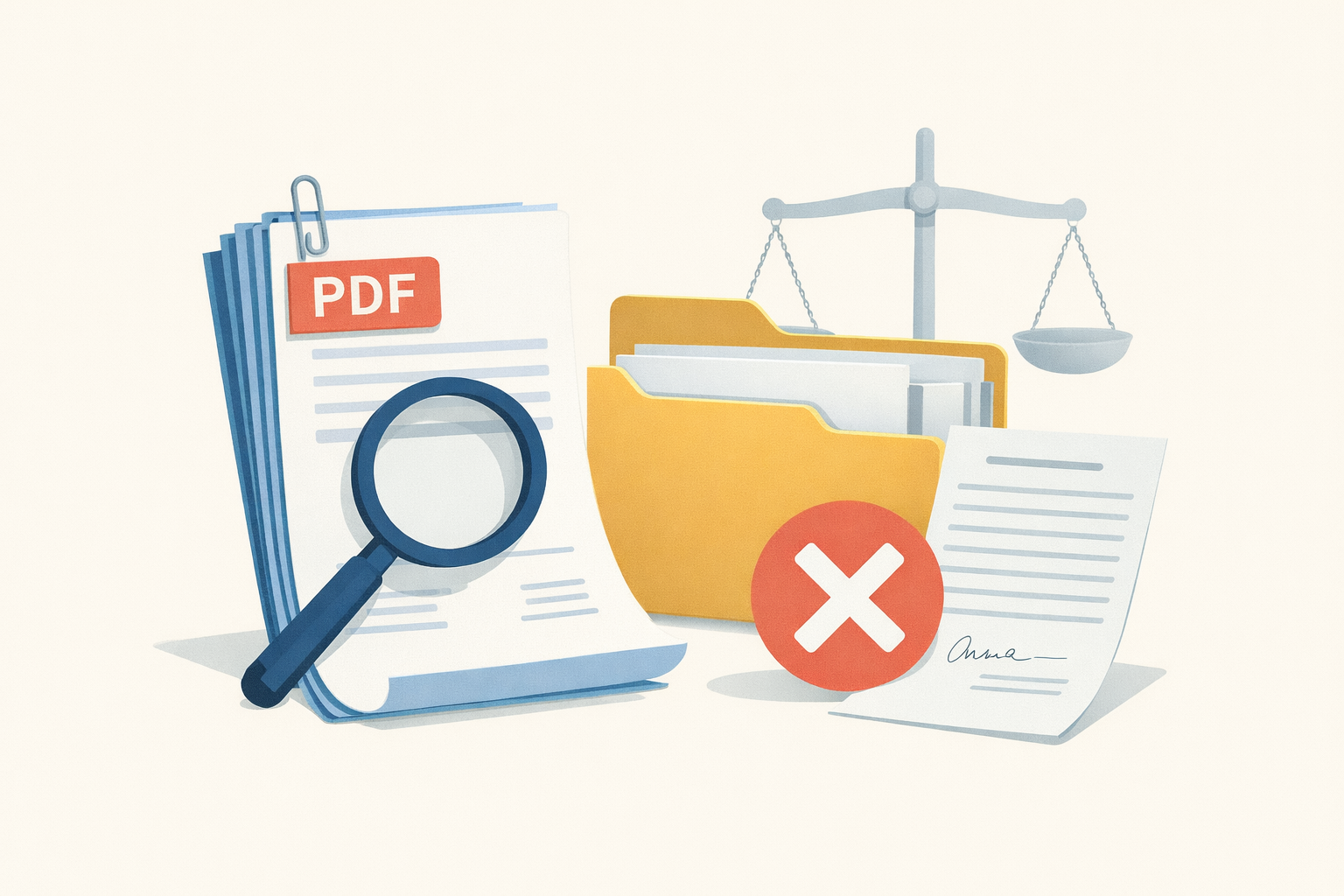This is the first of a two-part interview with litigator, law professor, and eDiscovery authority, Craig Ball. In the first installment, we went over the need to gain eDiscovery competency and the best methods to learn the basics of handling ESI in litigation.
As the end of the year rapidly approaches, it’s a good time to get some perspective and reflect on the present and future of eDiscovery, as well as the evolving role of experts, technology, and sources of digital evidence.
Seeking to shed some light on these areas, we recently sat down with Craig Ball, to discuss the relevance of eDiscovery competence, and how recent developments in the nature of ESI, and the tools and resources available to handle it, are shaping the future of eDiscovery.
We begin our conversation around the subject of eDiscovery competence since it’s perhaps the issue Ball is most concerned with. He often points at the widespread eDiscovery ignorance among litigators, as well as the widening gap between those who have some expertise in the subject and those who cringe at the mention of ESI and discovery vendors or tools.
And while recent changes, like California’s Bar opinion on a lawyer’s duty of technological competence, might help—or force—legal professionals to move in the right direction, many still have trouble breaking that initial resistance to start building up their technical skills. Oftentimes, the problem lies in not knowing where to even begin.
Logikcull: Craig, having trained law students on the practice of eDiscovery for years, what’s your advice on the most effective and least “painful” ways to become competent in this subject?
Craig Ball:I think that the pain threshold attendant to acquiring competence is inversely proportional to our passion for the subject. For example, I love knowing how things work, it's my passion. So, I'm not in pain but overjoyed at the chance to solve any how-does-it-work puzzle. Therefore, gaining competence doesn’t need to entail pain, but it necessarily entails dollops of diligence and rigor.
If you don't find eDiscovery fascinating, I’d recommend you find something else to do. You can find an area outside of litigation where eDiscovery is not something you need to worry about.
That doesn’t mean you have to love every step in the EDRM—I am personally bored to tears by the review stage—but I find everything to the left of review to be sufficiently scintillating that my work doesn't “feel” like work. Like the old cliche goes: “Find a job that you love, and you'll never work a day in your life.”
If you don't find eDiscovery fascinating, I’d recommend you find something else to do.
On the other hand, I think it wouldn't hurt if we could define a curriculum whose mastery constituted genuine eDiscovery competence so that we can actually separate those who are posers from those who have done their homework.
It’s the “e” in eDiscovery that gets insufficient attention, so that's where we need to direct resources. Lawyers are trained to find the law, to understand and apply the law but you don't come out of the legal environment well trained in understanding what differentiates the electronic from the iconic paper production of information.
Also, we need to keep in mind that information technology is a full-fledged discipline as demanding as law. Certainly, it is more complex, more dynamic, and more quick-changing than American jurisprudence, so I'm amused when lawyers expect to acquire what they need to know in a one-hour CLE. Where's the 1-month law school? I didn’t get to attend that school. We must cease trying to find shortcuts and find the time to really understand it.
Logikcull: In your view, what are the first steps one can take to get better at eDiscovery and start bridging that competence gap, and what are the main resources that can help you get up to speed quickly?
Craig Ball: Step one would be to acquire the fundamentals of digital evidence. It may sound like a huge leap, but you can’t do brain surgery without a physician’s degree and a rotation in neurology.
Therefore, you need to learn the forms data occupies, the various metadata and their meaning, the language, the lingo, and the concepts of modern IT. That's the first step. Again, it's getting the “e” in eDiscovery down.
Step number two is taking advantage of the “free education” vendors can provide. Have your vendor explain everything they do and why.
Every specification and every setting in the collection, processing, culling, search, and production has a purpose, and each carries with it some potential pitfalls. So, if you are reviewing an eDiscovery protocol, and you don't fully understand it, then consider using that framework as a means to dig in. Ask things like “What alternatives are available?” or “Why was this provision chosen?” Don't just gloss over it. Ask questions, plumb the purpose, and follow up.
Finally, step three is a really weird one: Map your personal data footprint.
I make my students at the law schools do this. I give them a simple spreadsheet that has columns where they need to add the sources, the file formats, and the data volumes, and then they must propose reasonable methods of preservation. It’s hard to do that well, but it makes my students appreciate how broad, how varied, and how distributed every one of our digital footprints is.
The point is, if you can't map your own data in a diligent and defensible way, how can you hope to be competent to advise clients in doing so? If it’s a difficult exercise for you, can you imagine how hard it is to persuade a client who doesn't really want to deal with you, and who wants to preserve their privacy and prevent you from really getting into the nitty-gritty of their data?
I think that those three steps are helpful to—if not solve the competence problem—at least outline its parameters, so you can see where you need to apply your time and resources.
If you can't map your own data in a diligent and defensible way, how can you hope to be competent to advise clients in doing so?
In terms of resources, there's never been an easier time to find resources to learn eDiscovery. Feel free to take a look at the resources, the articles, and workbooks on my publications website, which is craigball.com.
Also, Google is your friend. Pick a topic that interests you in eDiscovery and chip away at it. And, again: Ask questions. People get invested in your success when they answer your questions, so asking questions is not only a great way to acquire useful information, it's a great way to acquire allies who want you to succeed.
Asking questions is not only a great way to acquire useful information, it's a great way to acquire allies who want you to succeed.
Logikcull: So now that we know the how, let’s dig a bit deeper into the why. What would you say are the main benefits of learning eDiscovery? How can you better serve your clients when you have a good understanding of how to handle ESI for collection, processing, review, and production?
Craig Ball: The main benefit of learning eDiscovery is gaining the ability to make better decisions along the way and, in doing so, you facilitate more just, speedy, and inexpensive outcomes. The Federal Rules of Civil Procedure, Rule 1, outcomes.
Also, if you love eDiscovery, just having the “aha!” moment of understanding things is a big reward for many of us.
eDiscovery skills also serve to differentiate leaders, to make us less fungible as counselors and consultants to our clients, and to daunt the opposition, since they will rarely be as knowledgeable as someone who has done the hard work of acquiring competence in eDiscovery.
The main benefit of learning eDiscovery is gaining the ability to make better decisions along the way and, in doing so, you facilitate more just, speedy, and inexpensive outcomes.
--
Stay tuned for the second part of this interview, which will be available in Logikcull’s blog very soon.
For more eDiscovery insights, and for the latest case law, news, and commentary, join our newsletter, "Your Week, Culled.” More than 4,500 legal professionals already have!




